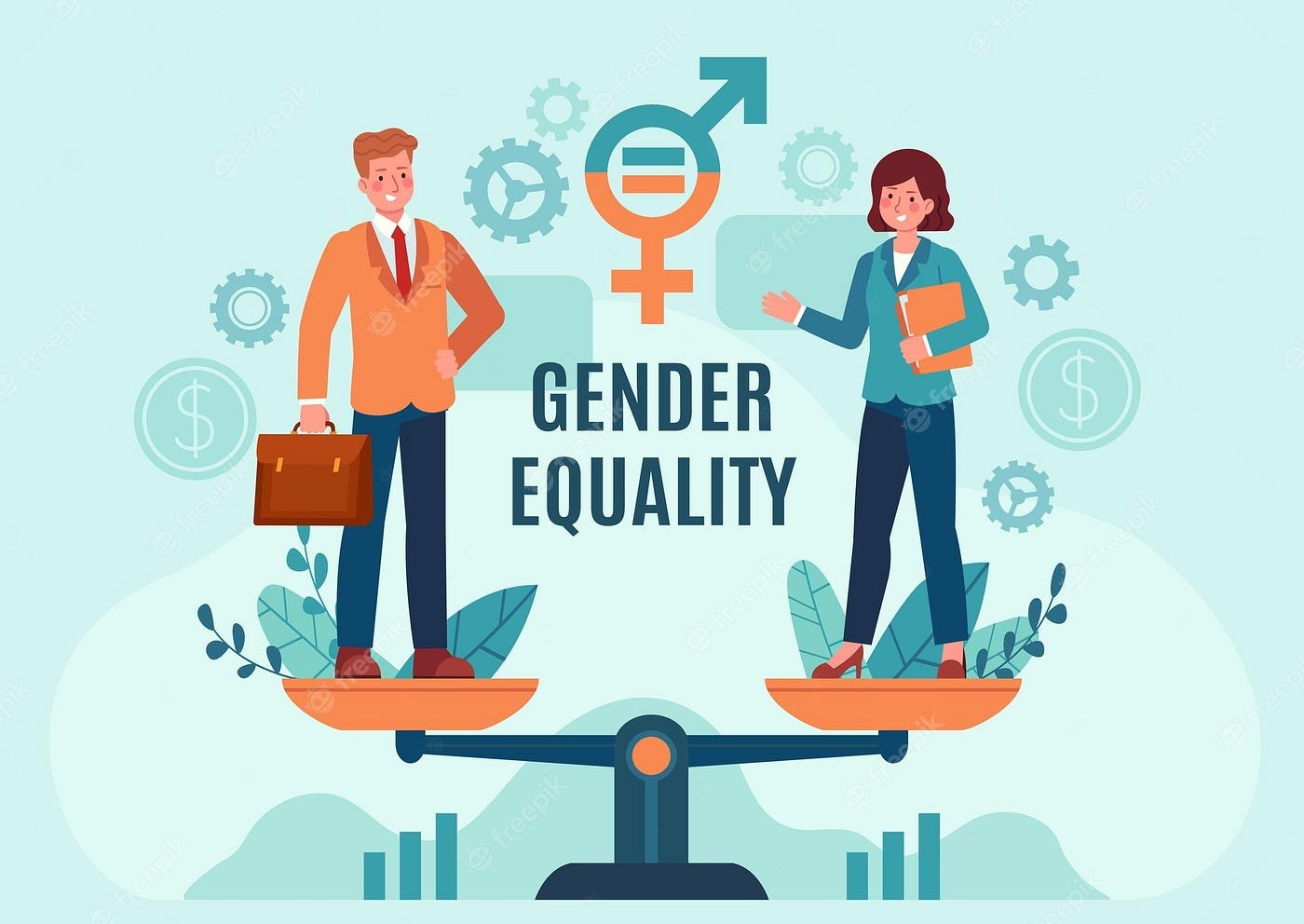Top Gender Equality Milestones
Gender equality has evolved through various pivotal moments and achievements that have significantly shaped the pursuit of equal rights. Recognizing these top gender equality milestones provides insight into the progress made and the ongoing efforts required to achieve true equality. This article highlights some of the most influential milestones in the journey toward gender equality.
The Right to Vote
One of the foremost gender equality milestones is the achievement of voting rights for women. This landmark was first achieved in New Zealand in 1893, where women were granted the right to vote, setting a precedent for other nations. Subsequently, many countries followed suit, including the United States with the 19th Amendment in 1920, which granted women the right to vote. This milestone was crucial as it empowered women to participate in the democratic process and influence legislation impacting their lives.

The Formation of UN Women
Another significant milestone is the establishment of UN Women in 2010. This entity was created to accelerate progress towards gender equality and empower women worldwide. By bringing together resources and expertise, UN Women plays a pivotal role in advocating for gender equality, supporting initiatives, and monitoring global progress. The formation of UN Women marked a commitment from the international community to address gender disparities on a global scale and provide a dedicated platform for advancing women’s rights.
The Introduction of the Equal Pay Act
In 1963, the United States made a notable advancement with the introduction of the Equal Pay Act. This legislation aimed to eliminate wage disparity based on gender, requiring that men and women receive equal pay for equal work. The Equal Pay Act was a critical milestone in the fight against gender-based discrimination in the workplace. Although challenges remain in achieving full pay equality, this act laid the groundwork for ongoing efforts to address wage gaps and promote fair compensation practices.
The Adoption of the Convention on the Elimination of All Forms of Discrimination Against Women (CEDAW)
The adoption of CEDAW by the United Nations General Assembly in 1979 was another crucial gender equality milestone. CEDAW is an international treaty designed to eliminate discrimination against women and promote gender equality in various spheres, including education, employment, and political participation. This treaty provides a comprehensive framework for addressing gender-based discrimination and has been ratified by numerous countries, guiding their national policies and legislation towards achieving gender equality.
The Me Too Movement
The Me Too movement, which gained prominence in 2017, represents a recent yet impactful milestone in the struggle for gender equality. Originating as a social media campaign to highlight the prevalence of sexual harassment and assault, the Me Too movement quickly evolved into a global phenomenon. It brought widespread attention to issues of sexual misconduct, empowering survivors to share their stories and demanding systemic change. The movement has significantly contributed to raising awareness and prompting discussions about gender-based violence and harassment.
The Appointment of Women to High-Profile Leadership Positions
The increasing appointment of women to high-profile leadership positions marks another significant milestone in gender equality. For instance, in 2016, Theresa May became the Prime Minister of the United Kingdom, and in 2021, Kamala Harris was inaugurated as the Vice President of the United States. These appointments not only reflect progress towards gender parity in leadership but also serve as inspiring examples for future generations. Such milestones highlight the ongoing efforts to achieve gender balance in decision-making roles and challenge traditional gender norms.
The Expansion of Parental Leave Policies
Expanding parental leave policies represents a crucial milestone in promoting gender equality within the family and workplace. Countries such as Sweden and Canada have implemented progressive parental leave policies that support both mothers and fathers in balancing work and family responsibilities. By providing equitable leave options, these policies help challenge traditional gender roles and support the equal sharing of caregiving responsibilities. The expansion of parental leave policies contributes to creating a more balanced and inclusive environment for all parents.
Conclusion
In conclusion, the top gender equality milestones reflect significant achievements in the pursuit of equal rights and opportunities. From the right to vote and the establishment of UN Women to the introduction of the Equal Pay Act and the impact of the Me Too movement, these milestones highlight the progress made and the ongoing efforts required to achieve gender equality. By recognizing these key moments, we acknowledge the contributions of countless individuals and organizations who have worked tirelessly to advance gender equality.



